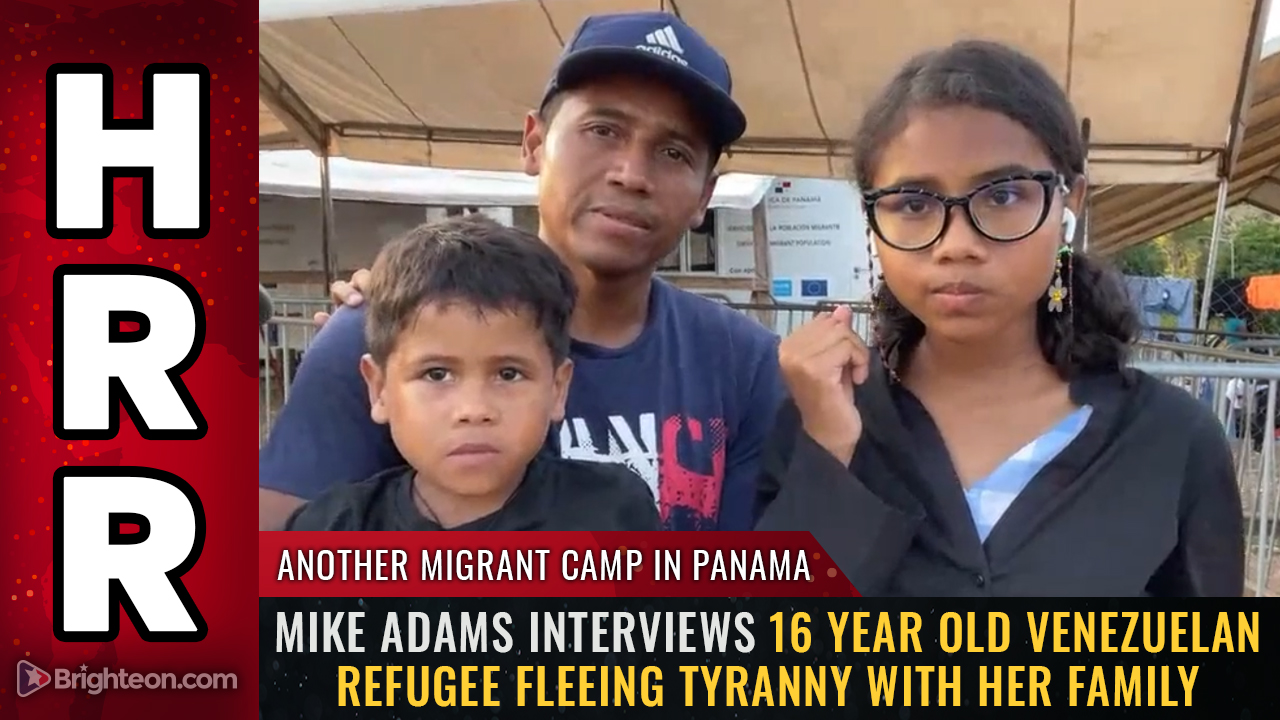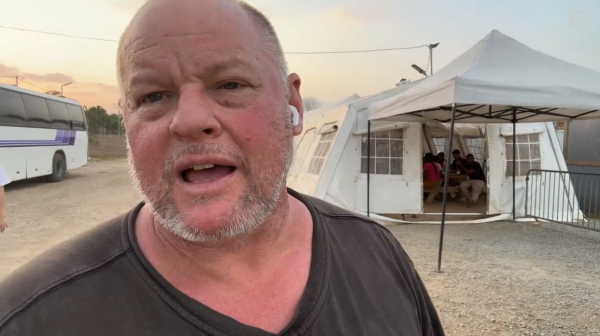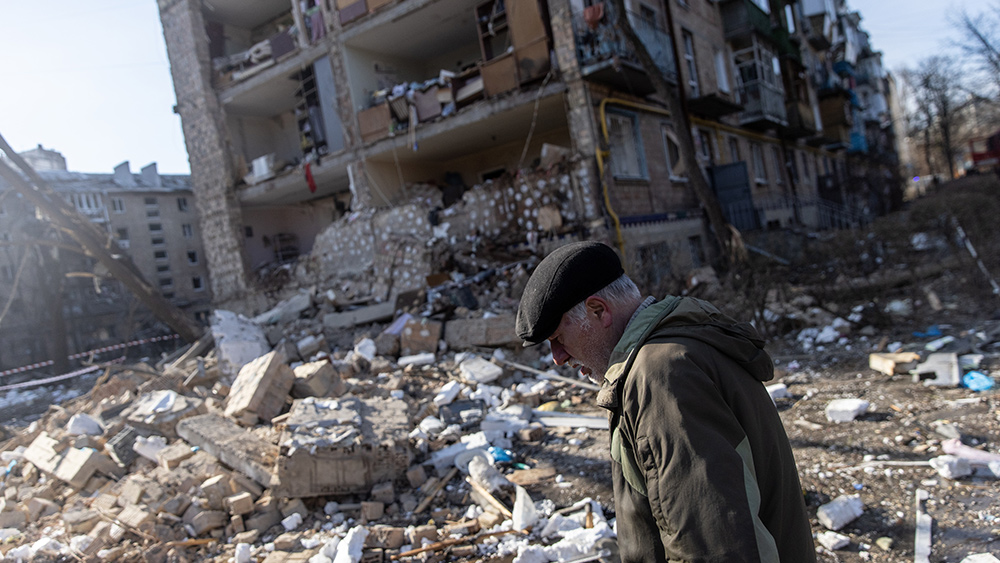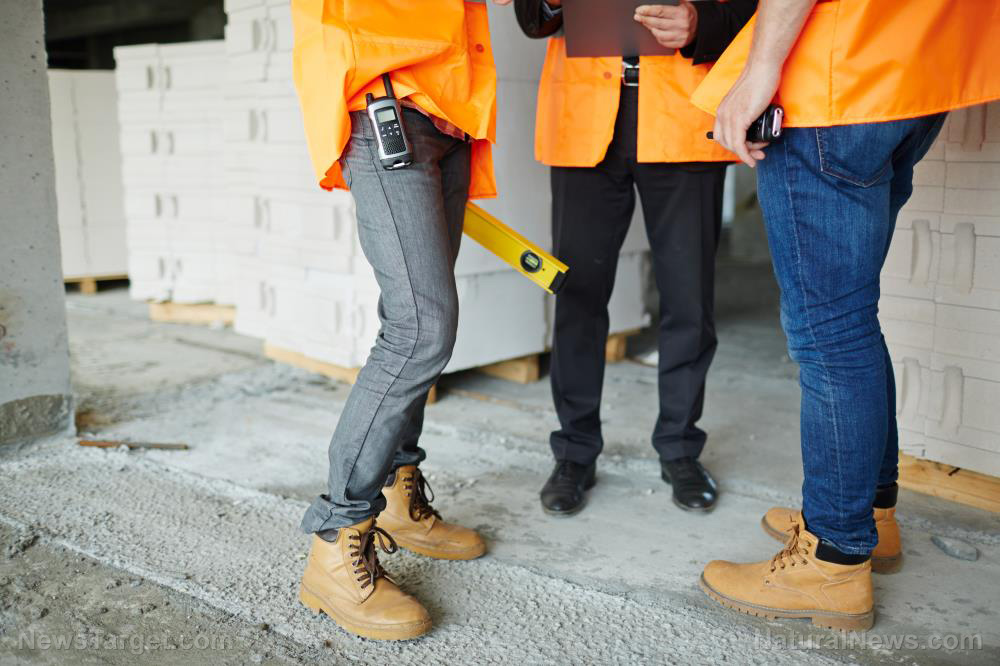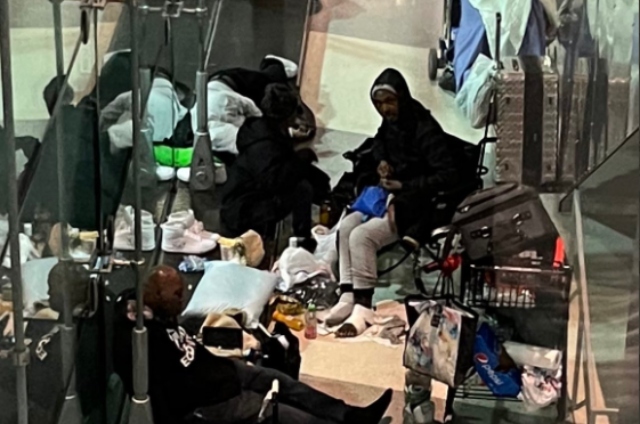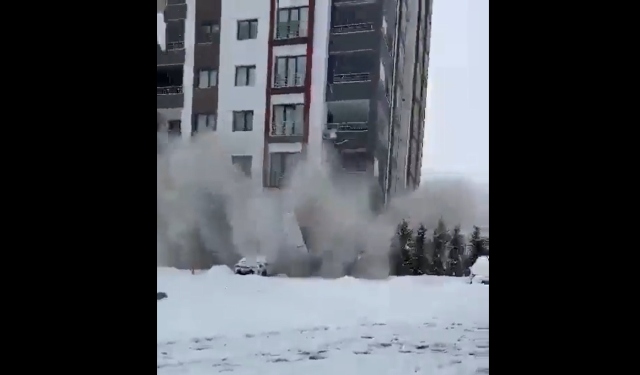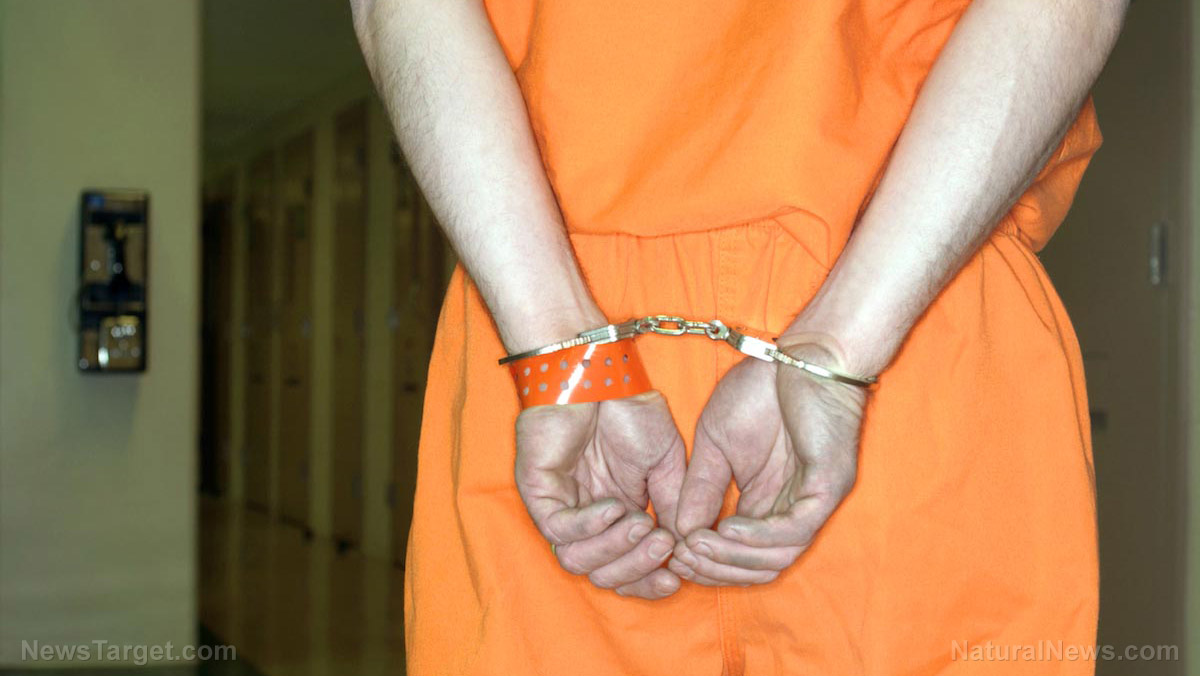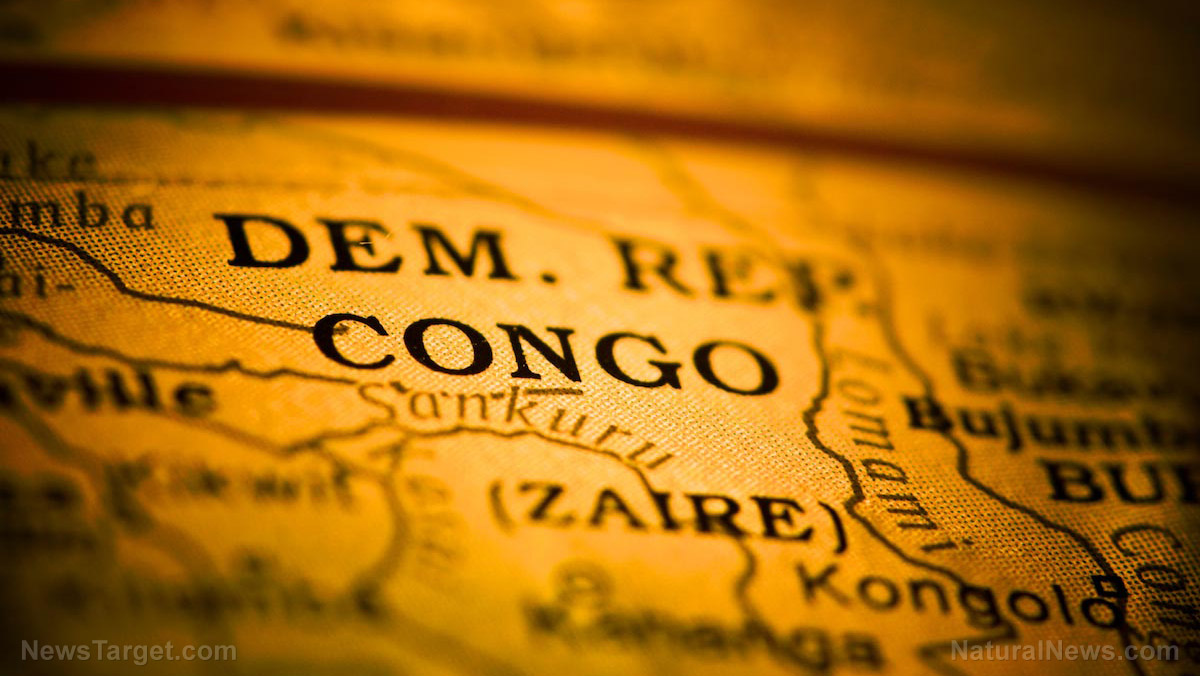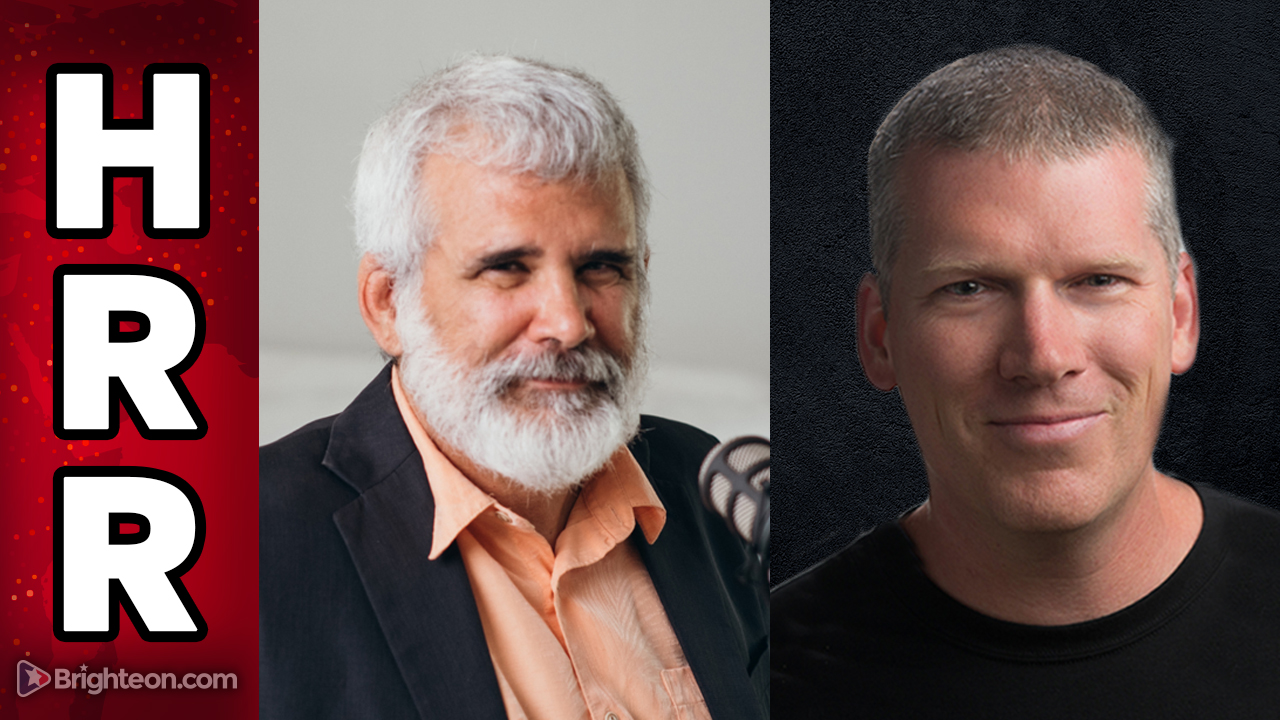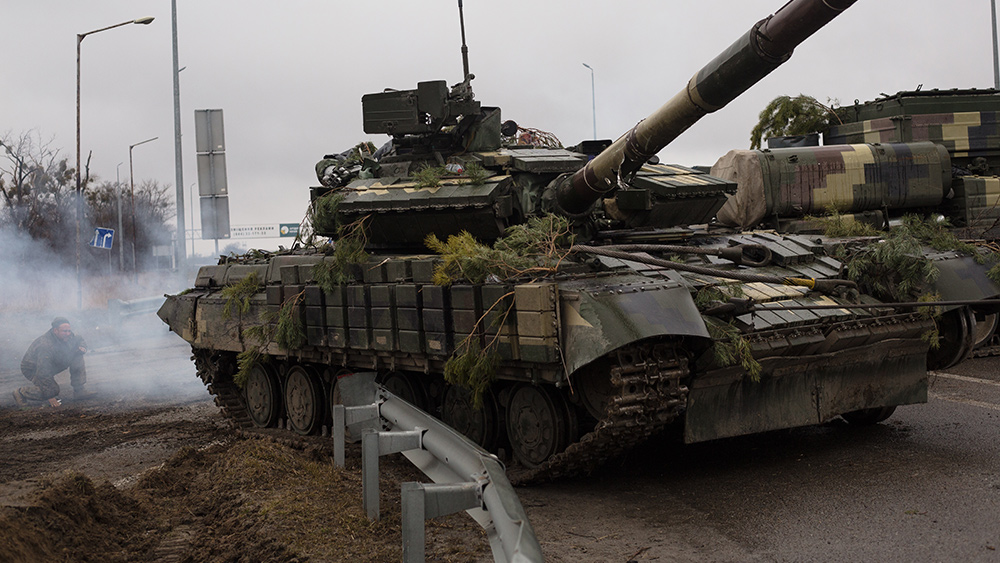UNHCR: Up to 270,000 people to flee Sudan despite US-brokered ceasefire
05/03/2023 / By Belle Carter
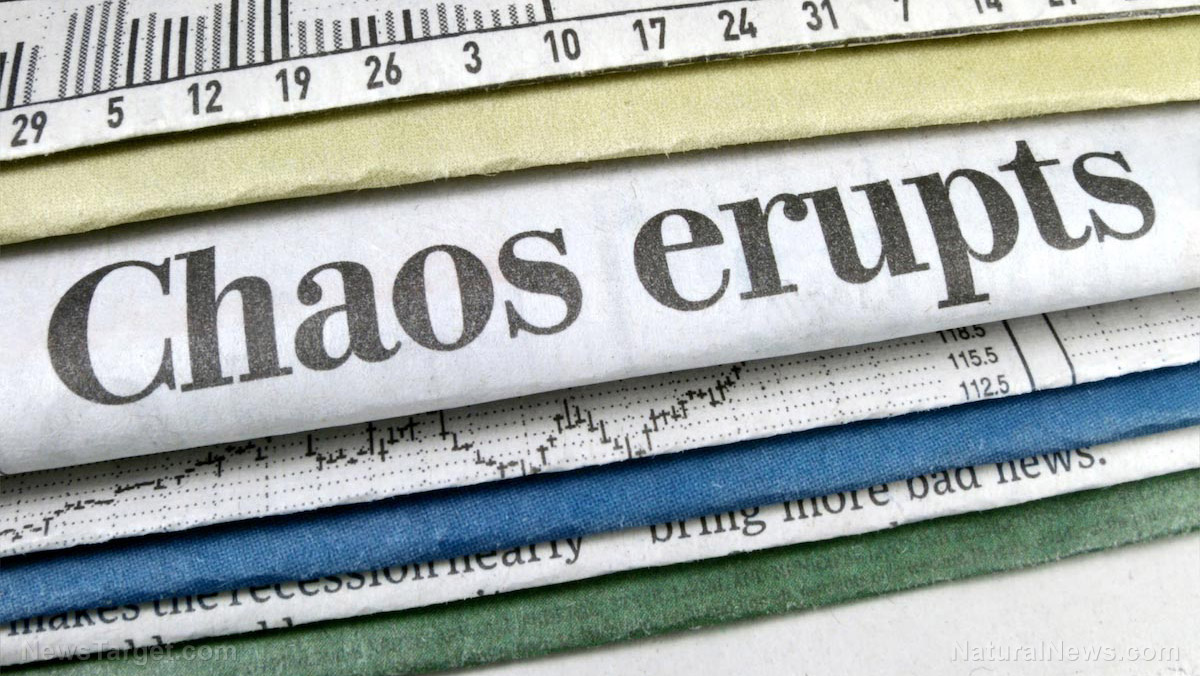
Due to the worsening chaos in the country, Sudanese people are now attempting to escape the capital despite the U.S.-brokered ceasefire between rival forces. The United Nations High Commissioner for Refugees (UNHCR) said it is expecting up to 270,000 people to flee Sudan into neighboring Chad and South Sudan.
Laura Lo Castro, the agency’s representative in Chad, said some 20,000 refugees have arrived at the Egypt border since the fighting began 10 days ago. Marie-Helene Verney, Castor’s colleague in South Sudan, said around 4,000 of the more than 800,000 South Sudanese refugees living in Sudan have returned home since the fighting began.
Jens Laerke, the spokesman for the UN humanitarian agency, said the fighting has led to “acute shortages of food, water, medicines and fuel, and limited communications and electricity,” adding that “the people of Sudan, already deeply affected by humanitarian needs, are staring into the abyss.”
Some 15.8 million people in Sudan, or a third of the population, were already in need of humanitarian aid before the latest violence erupted. There were also reports of looting of humanitarian supplies and warehouses, and five humanitarian workers had been killed.
The chaos in Sudan started when two military factions, which were once political allies, wrestled for control over the country’s lucrative mineral resource exports, especially gold. Violence erupted not just in the capital city of Khartoum, but also in other parts of the northeast African nation.
Fifty-one-year-old Saif Mohamed Othman, who resides in Shambat, North Bahri, noted that the food shortage is made worse by the complete burning of the central market, which supplies large parts of Bahri with vegetables, meat and other food. He added that residents are also struggling financially because state employees did not receive their wages before the Eid al-Fitr holiday.
WHO warns of huge biological risk as Sudanese rebels hijack a biolab
The World Health Organization (WHO) has also warned the public that there could be a “huge biological risk” after Sudanese rebel fighters took control of a biolab in Khartoum. According to the WHO, the rebels have occupied a national public laboratory that holds samples of diseases, including polio, measles and cholera. (Related: South Sudan confirms new outbreak of vaccine-related polio.)
“That is extremely, extremely dangerous because we have polio isolates in the lab. We have measles isolates in the lab. We have cholera isolates in the lab,” WHO representative in Sudan Dr. Nima Saeed Abid told a UN briefing in Geneva via video call. “There is a huge biological risk associated with the occupation of the central public health lab in Khartoum by one of the fighting parties.”
He added that the main concern is the lab technicians no longer have access to the lab to safely contain the biological material and substances available. “In addition to chemical hazards, bio-risk hazards are also very high due to lack of functioning generators,” Abid said.
Al Jazeera reported that the fighting has plunged Sudan into chaos, pushing the African nation to the brink of collapse. Dozens of hospitals have shuttered in the Sudan capital and elsewhere across the country due to the fighting and dwindling medical and fuel supplies, according to the Sudanese Doctors’ Syndicate.
The UN health agency also said it had confirmed 14 attacks on healthcare during the fighting, killing eight and injuring two. “If the violence does not stop, there is a danger that the health system will collapse,” the UN agency warned Friday, April 28.
Find more stories like this at Chaos.news.
Watch the video below that talks about President Joe Biden calling for an immediate, unconditional ceasefire in Sudan.
This video is from the NewsClips channel on Brighteon.com.
More related stories:
Journalists detained over leaked video showing South Sudan president wetting himself.
As shock and awe of war wears off, U.S. quietly resumes biolabs program in Ukraine.
Sources include:
Submit a correction >>
Tagged Under:
anarchy, big government, biolabs, biological risk, biological warfare, biological weapons, bioterrorism, biowar, chaos, cholera, civil war, Collapse, conflict, dangerous, evade, Khartoum, national security, panic, Sudan, Sudanese Rebels, violence, WHO
This article may contain statements that reflect the opinion of the author
RECENT NEWS & ARTICLES
COPYRIGHT © 2017 HUMANITARIAN NEWS

